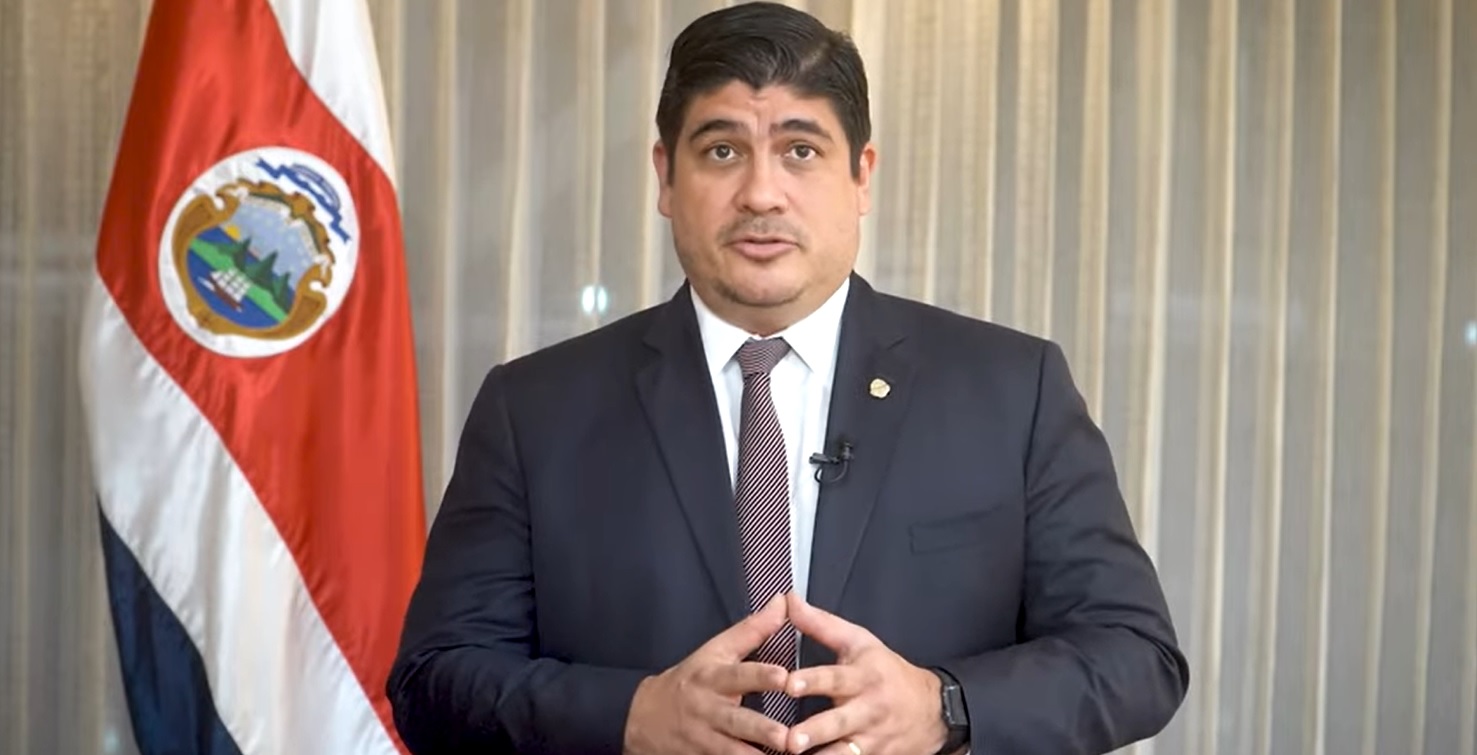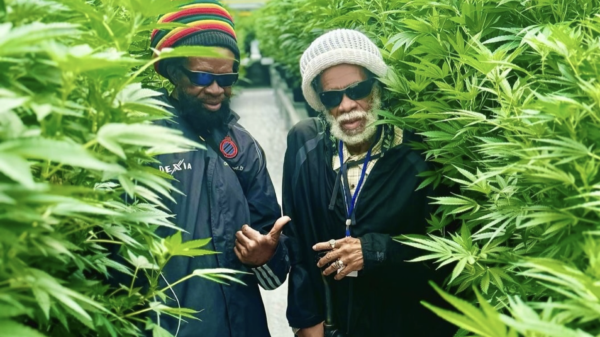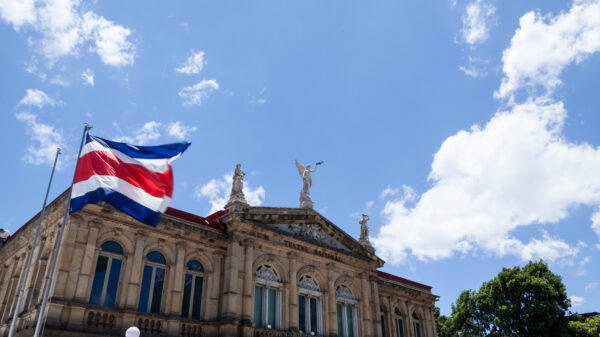The Costa Rican government was one signature away from legalizing medical cannabis and industrial hemp, but President Carlos Alvarado Quesada presented a counter-proposal this week, partially vetoing the law.
On Thursday, President Alvarado said he supports medical cannabis, acknowledging that it helps people with different medical issues and mentioning that even people close to him need it.
“And I also support industrial hemp, because it will help agricultural production and economic reactivation. Let’s make this very clear: I agree with all these objectives and I want to be able to sign this law,” said the president in a statement.
Quiero decir categóricamente que apoyo el cannabis medicinal. Quiero poder firmar esa ley. Recurrimos a un veto parcial y recomendamos 3 cambios al texto. Confío en que se acogerán y la ley estará vigente pronto.
*Volvemos a publicar el video para corregir problemas de audio. pic.twitter.com/DNufUA85uF— Carlos Alvarado Quesada (@CarlosAlvQ) January 27, 2022
But Alvarado says he will modify parts of the bill, eliminating personal cultivation and consumption of cannabis to avoid putting the public at risk.
He also argues that there’s no economic benefit to allowing citizens to grow for themselves. “For that, we are preparing a solution that would allow us to achieve all the desired objectives,” he says.
Industrial hemp will be allowed under a licensing system, and products will be for nutritional and industrial purposes only.
The partial veto comes after the legislative assembly approved the proposed bill for the first time last October and for a second time in December. Alvarado’s signature would have made it law.
The legislation was originally proposed in 2019 by lawmaker Zoila Rosa Volio, who says cannabis has great economic potential for the country and asked the president to not veto the bill last week.
Read more: Costa Rica’s president to propose alternative medical cannabis bill
Read more: Costa Rica’s hemp and medical cannabis bill advances to final stages
In response to the partial veto, Volio spoke about the modifications that eliminate personal growing with representatives from the president’s office, the ministries of health and agriculture, as well as the Costa Rican drug institute.
“We accept the modifications to the proposed articles. Even part of the proposed modifications had already been proposed in the discussion during the procedure in the Environment Commission,” Voilo said in a statement.
The lack of details for the veto has generated disdain from other legislators. In particular, they criticize his decision to ban growing at home.
“This is how President Alvarado closes his government! Burying the aspirations of a country that deserves to think big, trapped in its inconsistency and lack of leadership! How much courage and determination are needed to move forward at the pace of new times and opportunities,” deputy Roberto Thompson Chacon wrote on Twitter.
Así cierra su gobierno el Presidente Alvarado. Sepultando aspiraciones de un país que merece pensar en grande, atrapado en su incongruencia y falta de liderazgo! Cuanta valentía y determinación hace falta para avanzar al ritmo de los nuevos tiempos y de las oportunidades! pic.twitter.com/dTORekZlNu
— Roberto H. Thompson Chacón (@rothocha) January 27, 2022
Given the decision to override the bill, Alvarado now has to create a justification report that would be read in the legislature and later referred to a commission that would prepare another report within a month, based on the objections.
The report will be sent to the legislature once or twice depending on if it accepts or rejects the objections.
If they reject the president’s modifications, detracting legislators would need a strong show of support to throw out the modified bill. But deputies don’t think they will get enough dissenting votes, so they expect the president’s suggestions will become law.
Also on Thursday, the Costa Rican government said the UN International Narcotics Control Board requested to review the bill.
The country’s legislature will restart until Feb. 7 after a general election on Feb. 6.
— Zoila Rosa Volio (@zoilarosavolio) January 28, 2022
Follow Natalia Buendia Calvillo on Twitter
natalia@mugglehead.com














